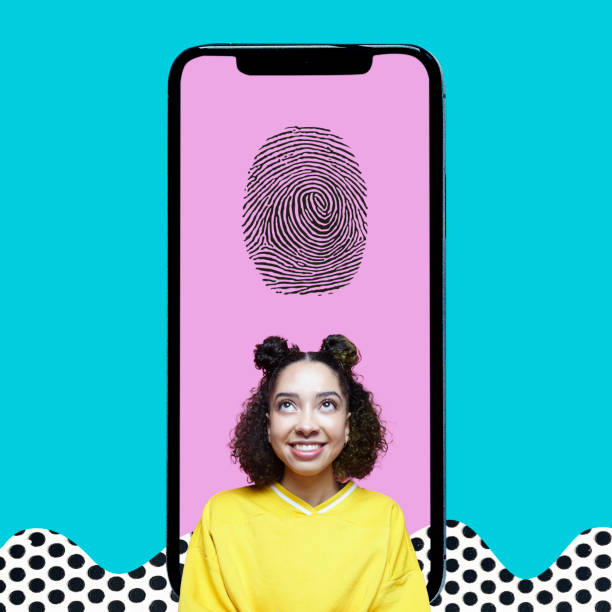In August of 2029, the UK government is set to release its new digital ID system. Citizens there will no longer have physical ID cards. Everything they do will now be on their phone, and to work or access essential services, they will need these new IDs, which are not mandatory but are required to do basic activities to live in the UK. There are obviously many problems with this, such as data leaks, security breaches, and privacy violations.
As in George Orwell’s 1984, the government will now be watching what people do in their day-to-day lives. The big fear in the United States is that our government may copy the UK, like we have on some things in the past, and currently, the UK is trying to force that to happen by requiring companies like Google or YouTube to require you to take a picture of your face to watch some videos, no matter where you live.
In October 2025, roughly 70,000 Discord IDs were leaked, which led to questionable security of these IDs if this new system is truly the safest option for the masses and their privacy. especially since governments are known to cheap out on important things. This is why cybersecurity should be taught in schools as a basic skill, so that we are safer as a whole online. This could be taught alongside how computers work and how they came to be, and this could be taught with hands-on learning with each component of a computer.
We could also switch our operating system from Google to Linux Mint, an easy-to-use version of Linux that is very customizable and does everything Google can do without tracking what you do. This could also teach people the basics of computer science and the digital landscape.
Cybersecurity would ultimately make us one of the safest generations to ever use the internet, as it would teach us how to protect our identity online and open more job opportunities in an already low job market. Now, if you were to take these skills out of the classroom room you could also make a cyber deck, a device made by you that is used to interact with digital interfaces commonly run on a Raspberry Pi, a tiny computer that costs around $120 and takes inspiration from the cyberpunk universe; a cyberdeck also allows for a huge range of upgrades like an extra antenna for stronger Bluetooth and larger Wi-Fi search. Commonly kept in a medium-sized hard case, making them very compact and very portable, Cyberdecks are so popular that they have cafes dedicated to helping people learn cybersecurity and showing people how to build one with a large group of like-minded people who are also interested in the importance of safety online.


















